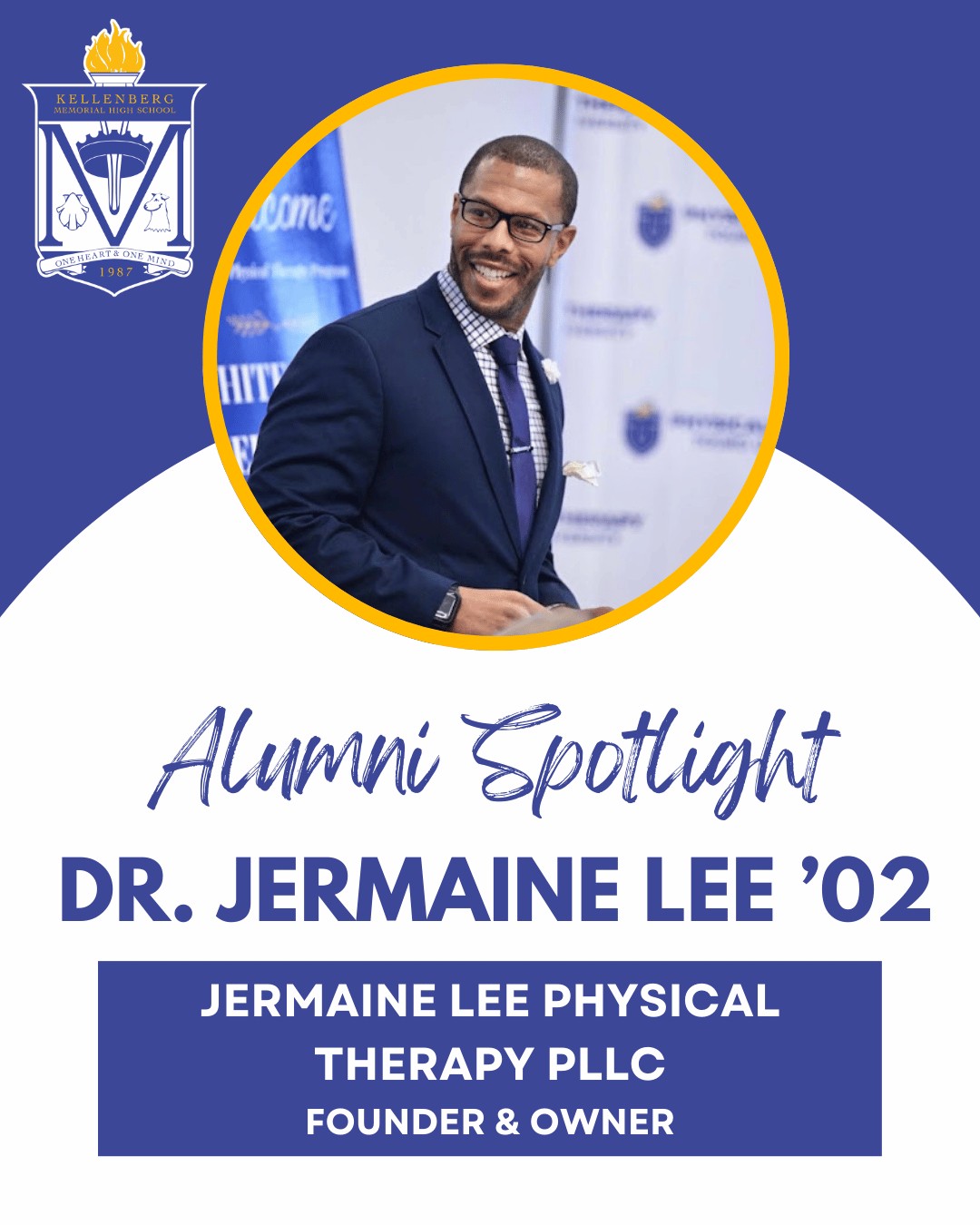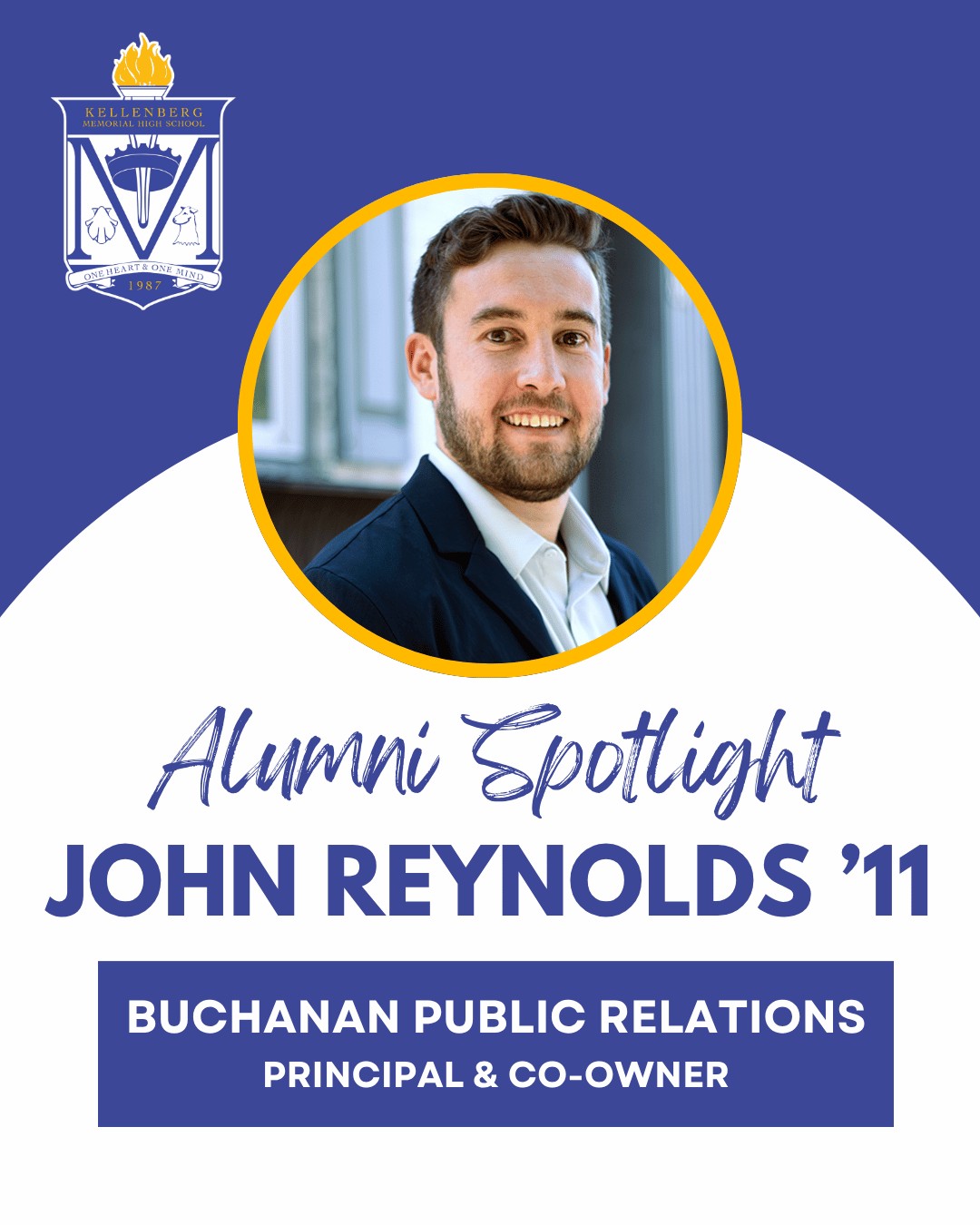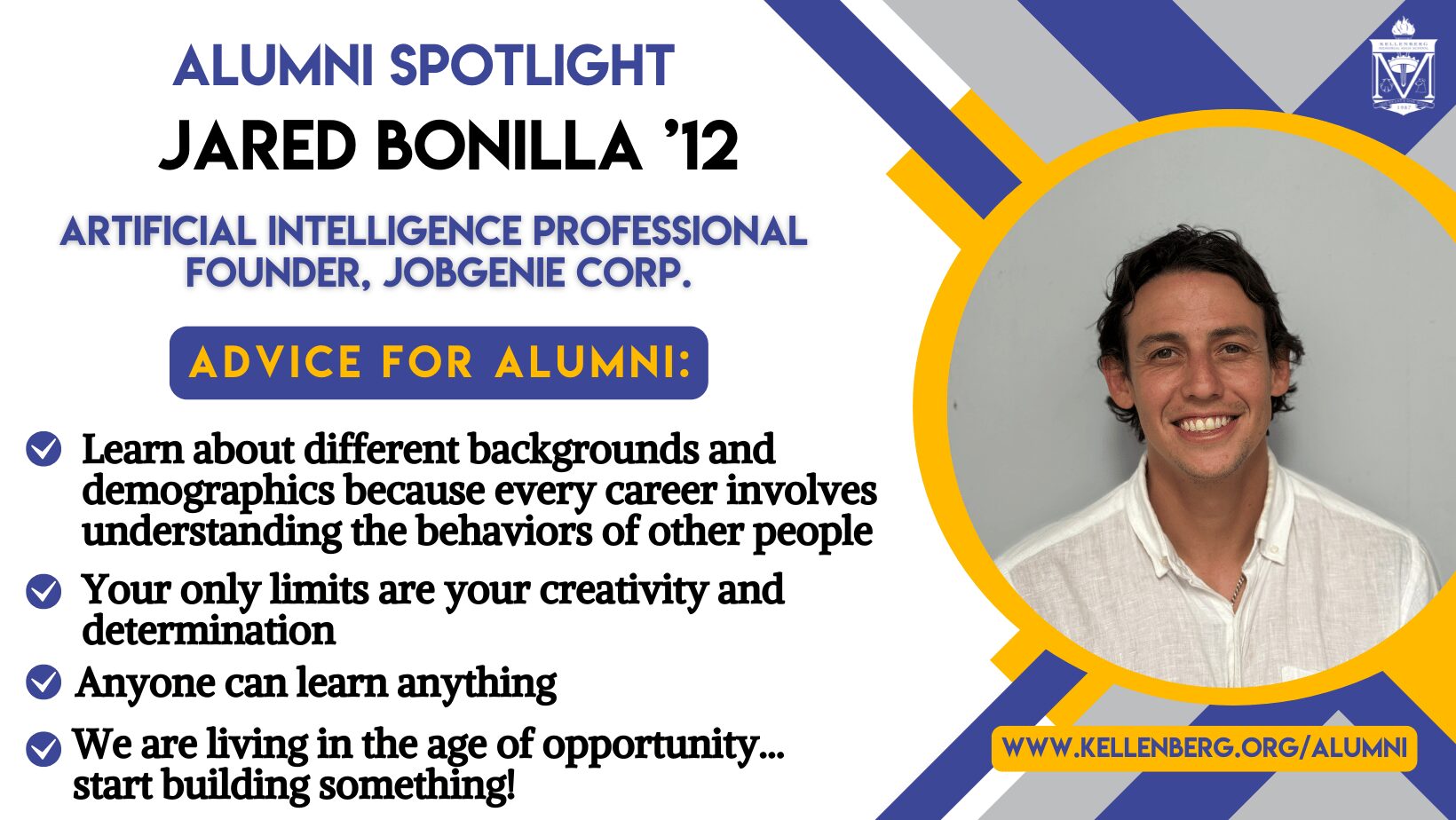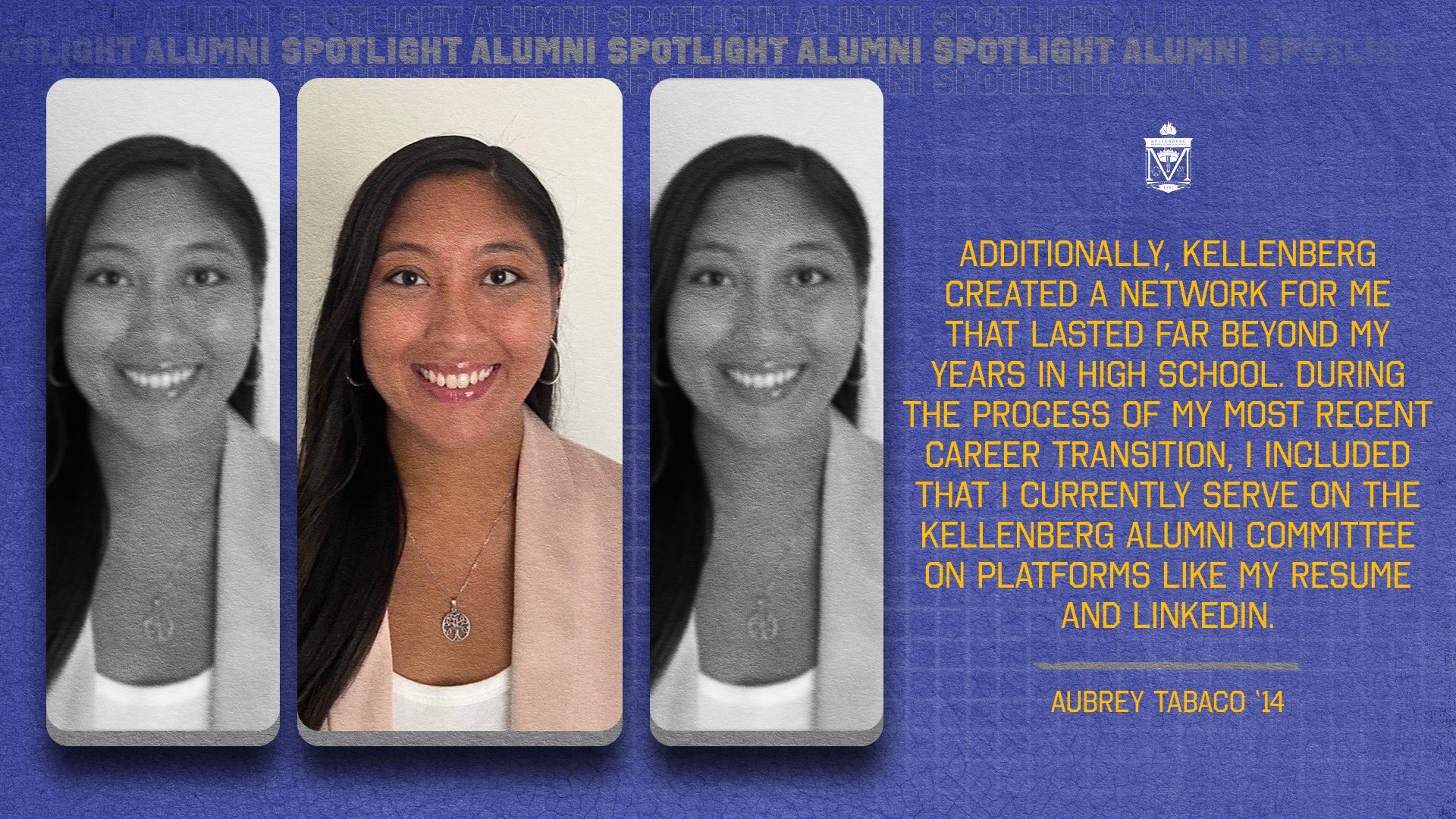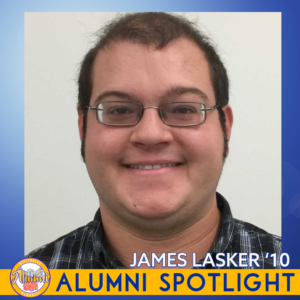 James Lasker ’10 holds a Bachelor of Arts degree and a Master of Science degree from the University of Pennsylvania. He was a graduate student in the Department of Astronomy and Astrophysics at the University of Chicago. In September 2020, James defended his thesis entitled, “Determination of the Volumetric Type Ia Supernova Rate Using the Full 5 Year Dark Energy Survey Photometrically Classified Sample.” This month he started a postdoctoral research position on the Dark Energy Spectroscopic Instrument (DESI) at Southern Methodist University (SMU) in Dallas, Texas.
James Lasker ’10 holds a Bachelor of Arts degree and a Master of Science degree from the University of Pennsylvania. He was a graduate student in the Department of Astronomy and Astrophysics at the University of Chicago. In September 2020, James defended his thesis entitled, “Determination of the Volumetric Type Ia Supernova Rate Using the Full 5 Year Dark Energy Survey Photometrically Classified Sample.” This month he started a postdoctoral research position on the Dark Energy Spectroscopic Instrument (DESI) at Southern Methodist University (SMU) in Dallas, Texas.
What inspired you to pursue a graduate degree in astronomy and astrophysics?
My first exposure to real astronomy was in Science Olympiad at Kellenberg. I was very interested in the deep space objects we had to study (V838 Monocerotis and SN 2006gy are both beautiful). Then during a summer course outside of Kellenberg I had to read the book “The Extravagant Universe” by the Ph.D. advisor of two of the winners of the 2011 Nobel Prize in Physics for discovering the accelerating expansion of the Universe. The framing of that discovery as almost an adventure story was very inspirational.
How do you think your time at Kellenberg Memorial helped to prepare you for your success in your academic pursuits?
I was able to explore a large number of scientific subjects as part of Science Olympiad and that helped point me on the path towards astronomy and astrophysics. The rigorous coursework at Kellenberg developed my work ethic which was highly tested during both undergrad and grad school, and the emphasis on producing many papers like the family history paper and author papers in English developed my technical writing ability.
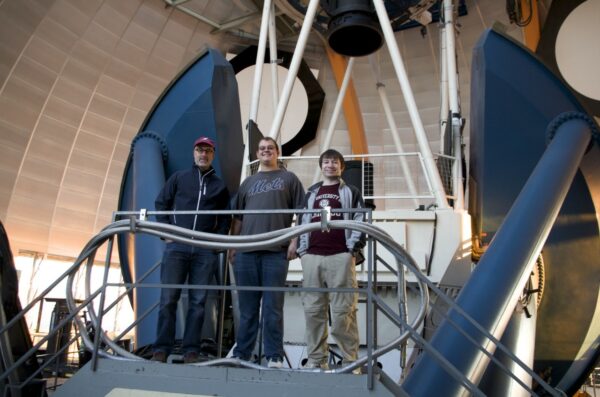
James (center) poses with his advisor and a fellow grad student in front of the telescope that gathered much of the data used in his thesis.
Do you have any advice for current students or young alumni who are interested in pursuing careers in STEM?
Make sure you take the highest level of STEM courses that you can at Kellenberg, especially the calculus course. My transition to college coursework would have been much harder if I didn’t have a basic understanding of derivatives and integrals before starting. Also (notice a theme here?) participate in Science Olympiad. Not only will you learn a lot but it’s a lot of fun and I’m still in contact with the friends I made there. For young alumni and older students, learn to code and find a way to get experience doing research. The two are interconnected since nearly all modern research requires you to have a basic working knowledge of a programming language like Python or C++. While ideally you would be able to do research in your desired field, any research experience will be helpful since it will develop the same set of general skills which will be important in graduate school and academia.
Do you have any favorite teachers or club moderators from your time at Kellenberg Memorial?
All of my Science Olympiad coaches were amazing. Especially Bro. Nigel and Mrs. Kenefick who were the head coaches of the Latin School and High School teams. I definitely wouldn’t have been able to be where I am today if it weren’t for them.
Outside of Science Olympiad, I loved caring for the animals in the zoo with Mrs. Moschella and Mrs. Klimkowski and taking care of the birds with Bro. Roger. Playing Mr. Flood and Mr. Mauser in Chess Club was a lot of fun as was traveling to compete with other schools’ chess teams. Also, I carried on playing jazz into college thanks to Mr. Vegas’s leadership of the Jazz Band.
While I appreciated all of my teachers at Kellenberg (and have tried to mention as many here as I could without taking over the entire website), Mr. Buckley’s and Mr. Ward’s (RIP) classes were definitely my favorite non-science classes.


